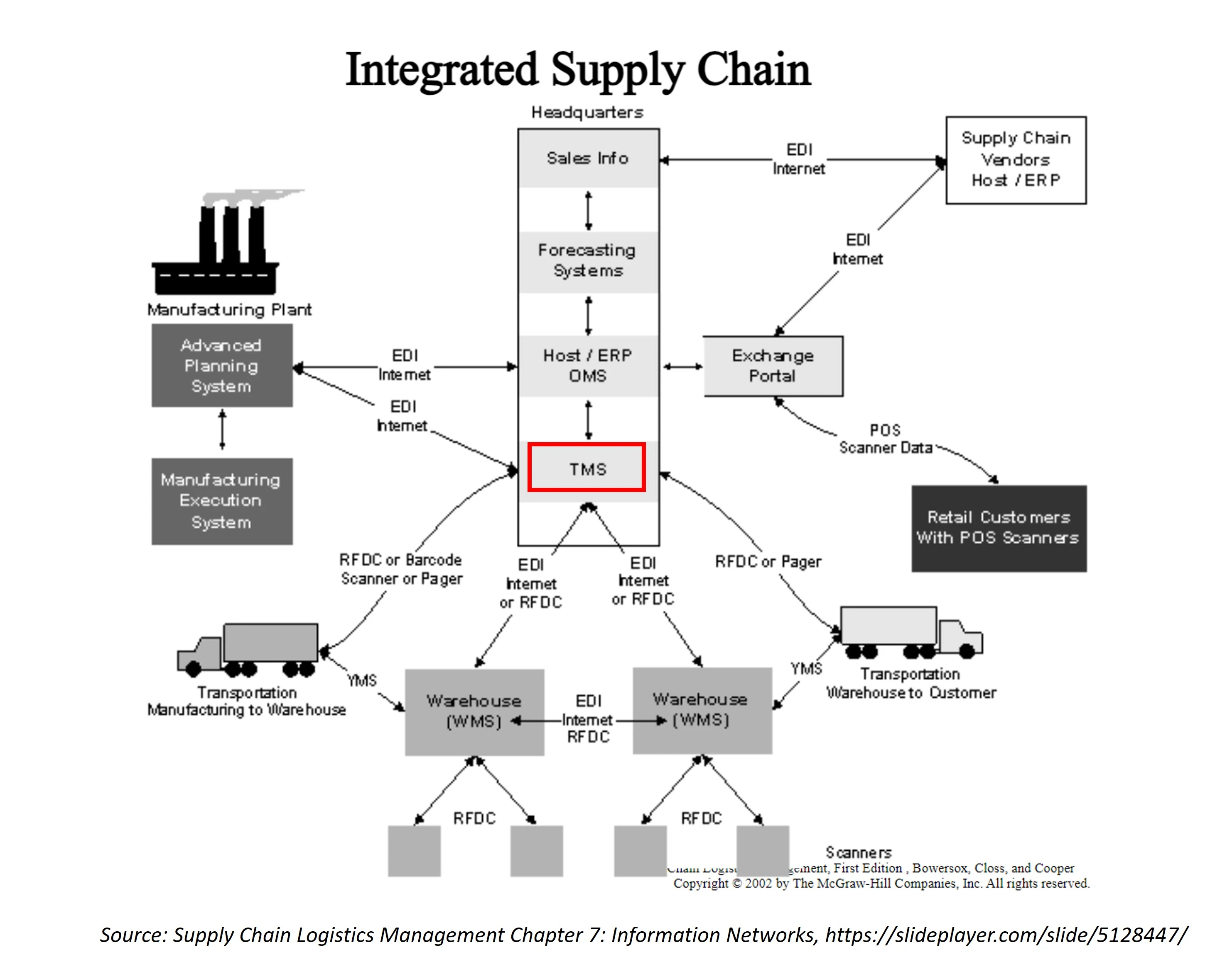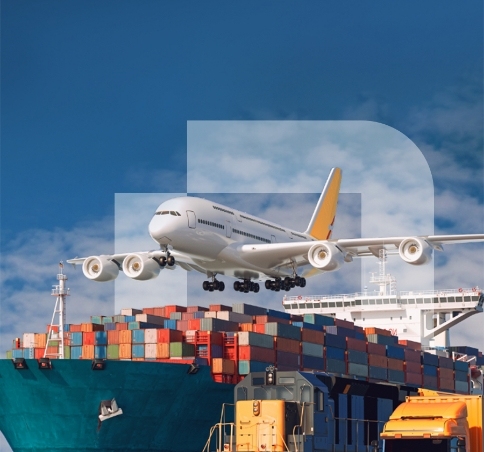News and Articles
Enhancing Logistics Efficiency with Transport Management Systems (TMS)

Understanding TMS:
Transport Management Systems (TMS) are pivotal tools in logistics operations, aimed at optimizing transportation processes across supply chains. By providing capabilities such as route optimization, load consolidation, and real-time tracking, TMS facilitates streamlined and cost-effective logistics management.
Operational Dynamics of TMS:
TMS harnesses advanced technology to analyze data and automate key logistics functions, including route planning, carrier selection, and shipment monitoring. Integration with existing systems like ERP and WMS ensures seamless coordination and control over transportation activities.

Benefits and Considerations:
Pros:
- Enhanced Efficiency: Automation streamlines logistics workflows, reducing manual effort and time spent on repetitive tasks.
- Improved Decision-Making: Real-time data insights enable logisticians to make informed decisions promptly, enhancing operational agility.
- Cost Optimization: Efficient routing and load consolidation lead to reduced transportation costs and better resource utilization.
Cons:
- Implementation Complexity: Integrating TMS with existing systems may pose technical challenges and require careful planning and execution.
- Change Management: Adapting to new processes and technologies may encounter resistance from logistics teams, necessitating effective change management strategies.
- Ongoing Maintenance: Regular updates and system maintenance are essential to ensure TMS continues to operate at peak efficiency, requiring dedicated resources and attention.
Cost Considerations and Implementation Factors:
The implementation cost of TMS encompasses software licensing fees, implementation services, training, hardware, and ongoing maintenance. Logisticians must assess factors such as organization size, solution scalability, integration requirements, and customization needs when determining the total cost of ownership.
Successful TMS Implementation in Industry:
Leading logistics companies, including DHL Express, FedEx, Amazon, and Walmart, have embraced TMS to optimize their transportation operations, demonstrating tangible benefits in terms of cost savings, efficiency gains, and improved customer service. As well as many leading companies in Thailand, like DHL Express (Thailand) Limited, Kerry Express (Thailand) Limited, Thailand Post, and SCG Logistics Management Company Limited, CRL Transport implements TMS for both B2B and B2C.
In summary, TMS serves as a cornerstone in modern logistics management, offering logisticians the tools needed to streamline operations, make data-driven decisions, and stay competitive in an increasingly complex and dynamic global supply chain landscape.








